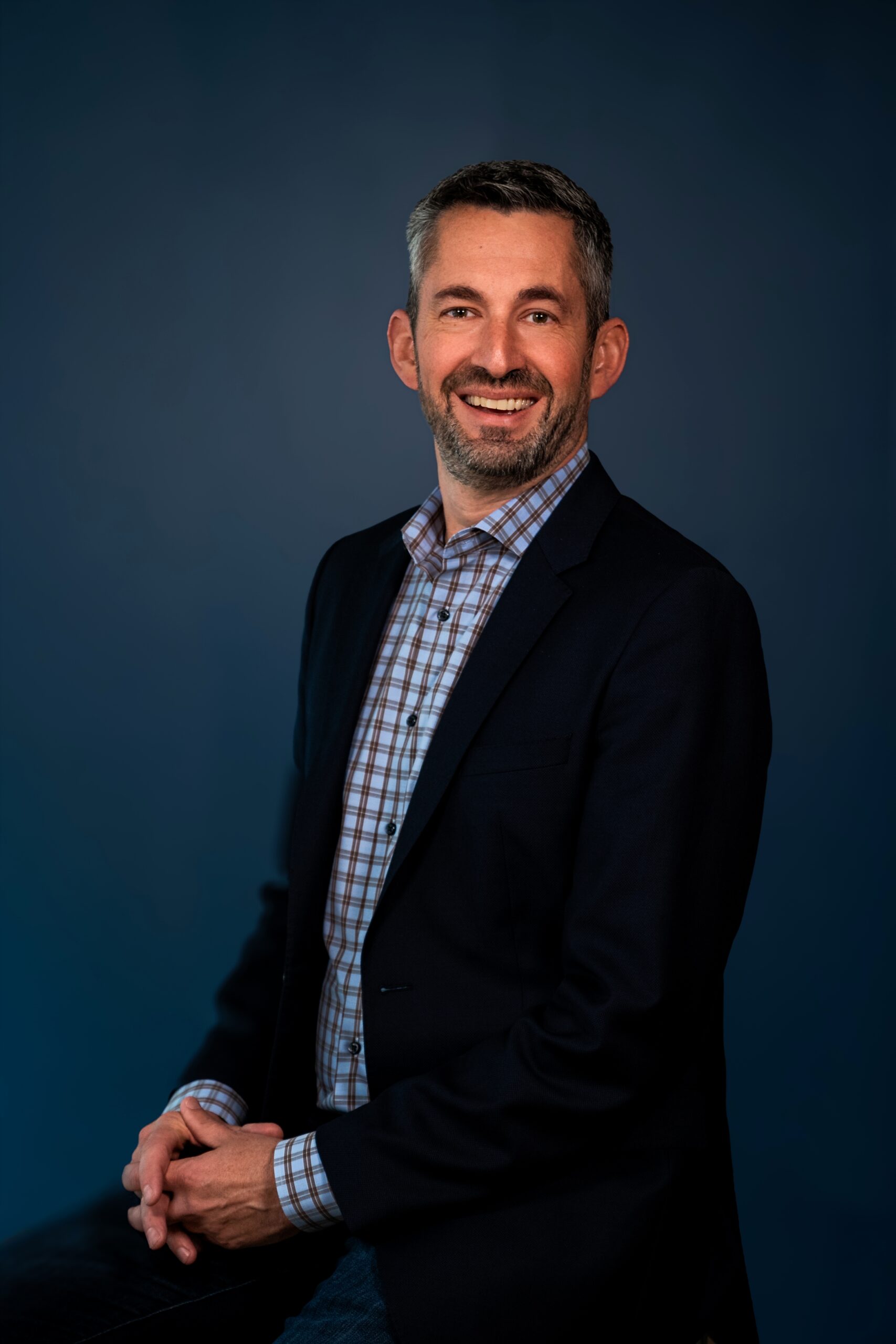Last July Industrial Physics, a leading packaging testing and measurement company, acquired Torus Group, a company specialized in quality control systems. Mundolatas has met with Industrial Physics CEO Barry Lyon and Torus head Chris Freshman.
With this new alliance, both are looking to maximize the value and support they offer to their customers. Lyon and Freshman are concerned with efficiency and new innovation, less visible but essential in new production processes. Big Data also creeps into the reality of metal packaging, knowing this data in real time and automatic process controls can change everything. The environmental key is inevitable, as well as the knowledge gap and the lack of a structure for an effective transfer from senior professionals to newcomers.
How do you value this merger?
Barry- At Industrial Physics, we support a wide variety of industries with packaging and materials testing and measurement solutions. In the last year, we have strengthened our presence in the metal packaging sector with two key acquisitions: SpecMetrix, a company specializing in coating thickness measurement. Now with Torus, a leader in quality control systems for a variety of applications, we are maximizing the value and support we offer our customers.
Chris Freshman-After being a director for two decades at Torus, becoming part of the growing Industrial Physics family has given me the opportunity to step into new processes and look for ways to maximize the value and support we offer to professionals globally, with our shared commitment to quality, safety and innovation.
- What are the most significant trends in the global metal packaging industry in recent years? How do they translate into innovation?
Barry- One prominent trend is the quest for efficiency in production processes. In 2024, the instability faced by packaging professionals has intensified the need to evaluate how key process components are used and to what extent a change in approach could benefit companies. This has led to an examination of materials, labor and technologies. Our conversations with customers and discussions at industry events confirm this focus. In addition, a recent study, “Unwrapping the Testing Environment,” showed that nearly 50% of metal packaging professionals perceive improvements in their testing environments over the past five years, with 46% recognizing the implementation of new technologies.
Chris- Exactly. Efficiency has been a priority in recent years. What’s interesting is how the nature of innovation has changed: before, most of it was focused on aspects visible to the consumer, such as the shape or material of the package. Now, innovation is concentrated on production processes, with improvements that are less perceptible to the customer, but essential. A clear trend is the pursuit of automation and the use of data, which increases precision, reduces manual intervention and considerably reduces waste. - Sustainability continues to be a priority in the industry. How is metal packaging responding to this challenge?
Chris- Sustainability in metal packaging is driven by regulations, consumer preferences and companies’ ESG (Environmental, Social and Governance) objectives. Interestingly, many efficiency improvements also have sustainable benefits. For example, the adoption of non-destructive testing allows in-line testing, eliminating the transfer of samples to a lab and reducing material waste.
Barry- Improving recycling rates globally will also continue to be key. Unlike other materials that are more complex to recycle, such as PET, aluminum cans are infinitely recyclable without losing properties. However, the challenge lies with governments and society to ensure adequate recycling infrastructure, especially for single-use packaging. - What other challenges does the industry face and how does Industrial Physics help them overcome them?
Barry- One growing challenge is the knowledge gap. Many professionals with decades of experience are reaching retirement age, and this departure is creating gaps that delay or prevent innovation.
Chris- I think there is also a lack of structured mechanisms for knowledge transfer between generations, which hinders the continuity of accumulated experience. Companies should capture and document that knowledge while it is still possible. In cases where it has already been lost, companies can rely on external experts such as Industrial Physics to bridge those gaps. We have resources on our website, such as free tools and calculators, to help professionals familiarize themselves with key concepts. - What recent technological advances are impacting metal packaging and what changes will they bring in the future?
Chris- I believe that the adoption of automated process controls has revolutionized the industry. These technologies eliminate the need to physically move samples for testing, allowing real-time adjustments and avoiding the production of defective batches. In addition, it frees professionals to focus on data analysis and higher value-added areas.
Barry- In addition, I believe that the use of real-time data is key. Measuring coatings or wall thickness, for example, allows for precise adjustments that optimize production in terms of speed and quality. Also, massive data analysis helps companies anticipate and allocate resources more efficiently.









0 Comments